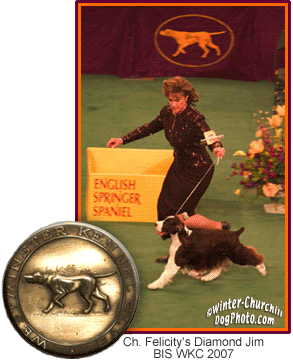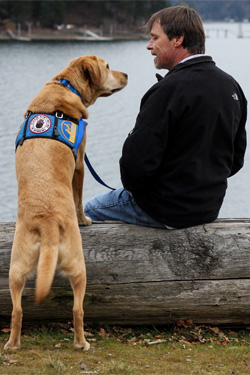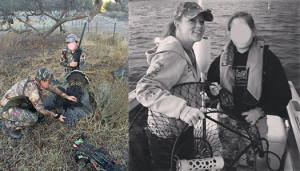 Animal Welfare
Animal Welfare  1 Comment
1 Comment The Importance of Knowing Who You’re Getting Your Pet From
Disappointing news out of Arizona:
PetSmart has terminated their adoption partnership with a Valley animal rescue after an ABC15 Investigation uncovered troubling allegations about the group, called Woofs Wiggles n Wags.
According to the investigation, there were cramped cages, and dogs walking through their own waste, suffering from both physical and psychological neglect. Naturally, PetSmart terminated its adoption partnership with the animal rescue upon hearing the news report.
Whatever the reason for these conditions: understaffed and overwhelmed, forgetting or ignoring the needs of these animals due to out-of-balance priorities, or any of the other numerous reasons we see for sub-standard animal care, this serves as a reminder of the importance of getting to know the person or organization you get your pets from. Whatever breeder, rescue, business, or shelter you choose for your next pet, it is vital that you do your research, so can return home with your new companion confident you dealt with somebody who is competent and ethical. This is important for animals in general because you are supporting people who are doing it right — people who truly understand and care for animals; it is important for you and your pet specifically, because it increases your pet’s odds of a long, happy life with you and your family!
Owning a pet can be such a valuable, life-enriching experience; we talk so often about the importance of being a “responsible pet owner” because of the benefits this brings to your pet, to you, and to your community — but the focus is usually on the care and attention your pet receives after coming home. For potential pet owners and their communities, responsible pet ownership starts long before you get your pet!





